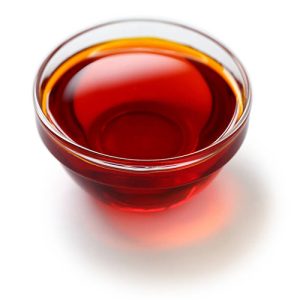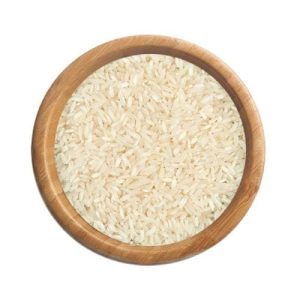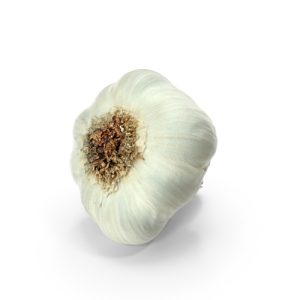Description
Grapes are many types including green, red, black, yellow and pink. Its grow in clusters and come in seeded and seedless varieties.The earliest archeological evidence for a dominant position of wine-making in human culture dates from 8,000 years ago. Grapes are delicious and easy to add to your diet for breakfast, lunch, dinner or simply as a convenient, healthy snack.
Antioxidants are high in a number of powerful compounds.Grapes also contain vitamin C, beta-carotene, quercetin, lutein, lycopene and ellagic acid.Studies have also found that grape extracts block the growth and spread of breast cancer cells and spread of human colon cancer cells.
Furthermore, compounds found in grapes may even decrease blood sugar levels. Grapes showed fewer signs of damage to the retina and had better retinal function compared with mice who were not fed the fruit.
Grapes contain many minerals necessary for bone health, including calcium, magnesium, potassium, phosphorus, manganese and vitamin K.Grapes are a good source of vitamin C, which is best for immune system.Grape skin extract has been shown to protect against the flu virus.
Varieties–
1.Anab-E-Shahi (Green Seeded)
2.Thomson (Green Seedless)
3.Banglore Blue (Black)
4.Flame Seedless (Red)
5.Sharad (Black Seedless)
6.Jumbo Seedless(Blue)
7.Flame Seedless (Red)
8.Krishna Seedless (Black)
9.Manik Chaman (Green)








Reviews
There are no reviews yet.